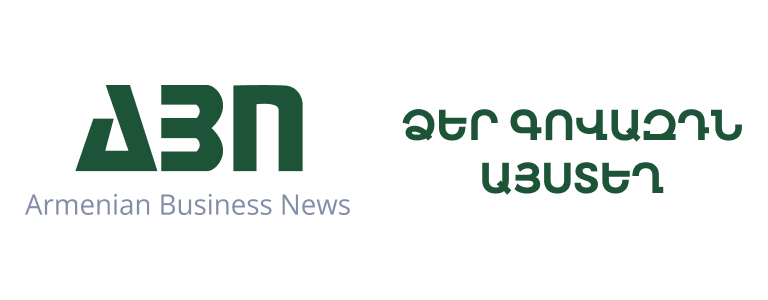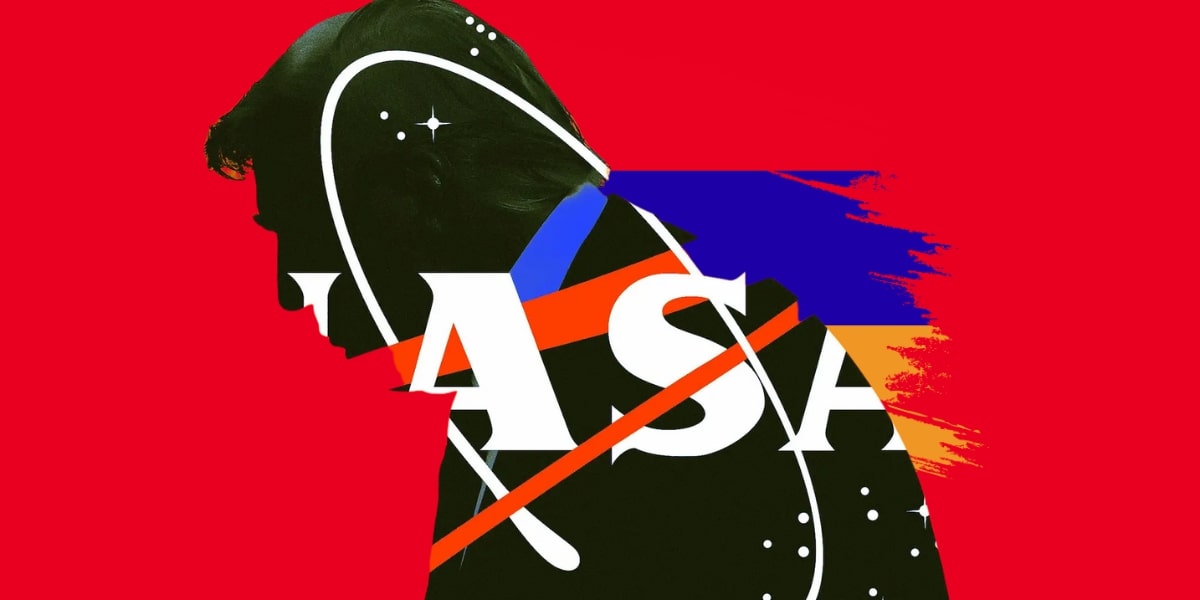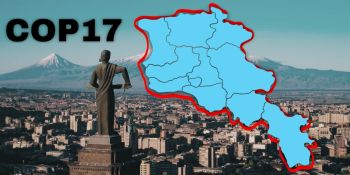-

Why is the boundary between a leader's professional and personal identity important?
2025/08/03/ 10:21 -

Three practical steps that will prevent you from losing the people who keep your business running
2025/08/01/ 17:17 -

IDBank's new premium business card – Mastercard Business Preferred
2025/08/01/ 12:45 -

Which professions will be the first to lose their jobs due to AI. Microsoft's warning
2025/07/31/ 14:21 -

Why do some organizations turn AI into a strength, while others fail?
2025/07/30/ 17:49 -

Gucci's management has changed against the backdrop of declining sales
2025/07/30/ 16:57 -

USA is exerting pressure to extract agreements
2025/07/30/ 14:36 -

The Armenian state budget has deviated from the course: what the analysis of the Luys Foundation says
2025/07/29/ 12:43 -

How does the Armenian economy respond to challenges? facts from the data for May-June
2025/07/28/ 12:40 -

Beating the heat, earning idcoins: Idram & IDBank
2025/07/25/ 17:36
 Subscribe
Subscribe

A warning from NASA. how will Trump's proposed cuts affect international science and Armenia
Analysis |

A warning from NASA. how will Trump's proposed cuts affect international science and Armenia
Inside NASA: Astronaut Safety at Risk Amid Budget Cuts
In recent months, tensions have been rising within NASA, the United States’ space agency. Proposed substantial budget cuts from the Trump administration have sparked strong reactions: more than 280 current and former employees, including astronauts, have signed an open letter criticizing the changes and funding reductions. According to them, these developments could not only hinder scientific progress but also endanger human lives.
The letter, titled the "Voyager Declaration," recalls the tragic 2003 Columbia disaster and warns that similar risks are becoming real once again unless there is a systematic response. Trump’s proposed cuts involve nearly halving NASA’s science budget, reducing staff, and terminating grant programs.
From Space Financing to Slowed Scientific Collaboration
Although at first glance the debate appears to concern internal NASA policy, it has clear international implications. NASA is a central partner in numerous global space and technology initiatives. A slowdown in its operations could impact worldwide scientific collaboration—especially programs involving scientific institutions from various countries, including some educational and tech centers in Armenia.
Limited Opportunities for Armenia
While Armenia is not directly involved in NASA’s core missions, collaboration occurs through international frameworks, such as:
- sharing scientific data,
- professional participation in technological projects,
- co-financing or grant-based educational programs.
A slowdown in such a key global player could directly limit these opportunities, weaken trust in the sector, and influence private investors’ willingness to engage.
The Broader U.S. Budgetary Context
The budget cuts at NASA are not isolated—they are part of a broader agenda by the Trump administration to reassess federal spending. This approach has previously resulted in reduced funding for foreign aid, educational initiatives, and international collaboration. If these trends continue, Armenia may also experience setbacks in accessing American technology and education-related support programs.
A New Phase of Space Competition and Global Realignment
If NASA is forced to scale back its space presence, other nations—such as China, India, and Russia—will likely attempt to fill the gap. This could reshape the global landscape of space competition. As a developing country initiating new ventures in space science, Armenia may need to reconsider its strategic directions, placing greater emphasis on cooperation with other countries.
A Localized Issue with Global Consequences
Though the proposed NASA budget cuts are a localized decision within the U.S. government, they have far-reaching implications for international science, technological advancement, and the high-tech sector. For Armenia—which relies on global scientific collaboration—this could mean a narrowing window of opportunity, a need to reassess international partnerships, and a shift in focus toward new technological development strategies.
In this context, NASA employees' warning goes beyond safety concerns. It highlights the crucial importance of stable scientific funding as a cornerstone for scientific independence and the protection of human life.
The material is based on the analysis of Futurism
*The article was also prepared using data from AI․
















